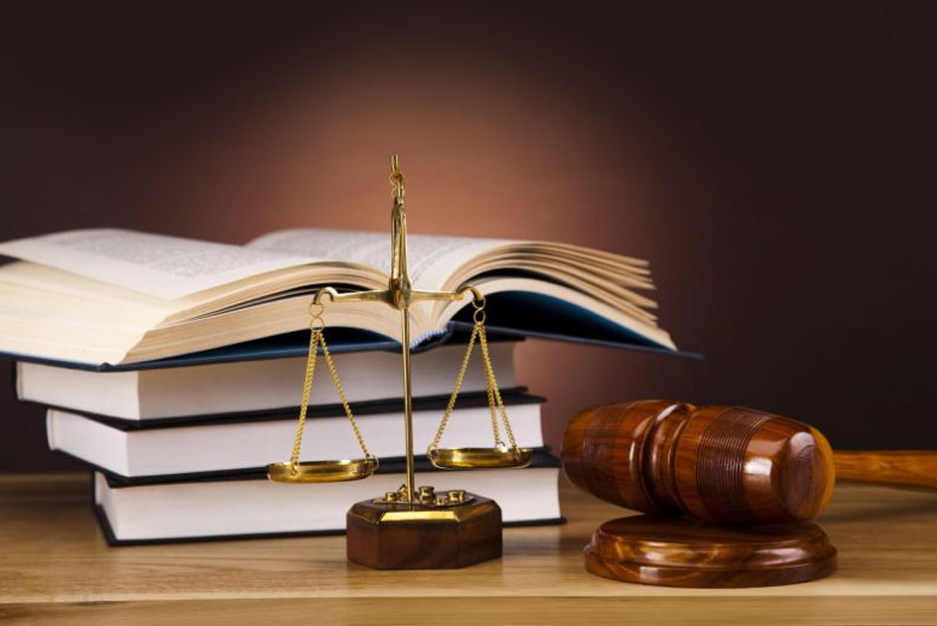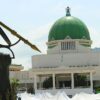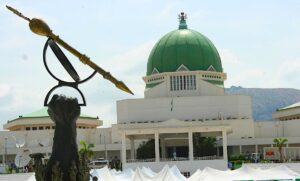Rule Of Law - Part 2
“ A PRAGMATIC HEALING OF NIGERIA BY THE RE-CONSTRUCTIVE OPERATION OF CHAPTER II (2) OF THE CONSTITUTION OF THE FEDERAL REPUBLIC OF NIGERIA 1999 AS AMENDED – PART 2.“
By Oladipo Fola-Alade
Our discourse on The Rule of Law in the commencing series, is to profer some remedy for the afflictions that have truncated the growth of our nation thus far, to the intent that a reversal of our misfortune is effected , via a cardio – surgical procedure on our constitution, where the subject matter of the “Fundamental Objectives and Directive Principles of State Policy” is indeed at the heart of the matter.
In so doing, we must examine, cross examine and re- examine some of the fundamental issues at the foundation of our constitution that require treatment, with a view to appraising the degree of nutritional deprivation our nation has suffered in denial of the prescriptions and recomendations of the draftsmen of the Nigerian Constitution. At the root of this anomaly is the misdirection of the nation as a result of the ineptitude of its leadership, for want of positive objectives and the lack of principles borne out of a clear sense of purpose, good will and a good conscience for the well being of the nation.
The agitation of the Nigerian Youths #ENDSARS, amongst other disturbing situations in the polity and socio – economic life of the country has nessecitated a reorientation in the course of the interpretation, implementation and justification of The Constitution of The Federal Republic of Nigeria 1999 as Amended(“The Constitution”), especially with regard to the importance of Chapter II(2) therein: *”The Fundamental Objectives and Directive Principles of State Policy”.* Hitherto, the potency of this Chapter of the Constitution had been grossly and erroneously undermined by jurists, scholars and constitutional lawyers as not being justicable, (ie. liable to trial in a court of justice), thereby resulting in the devaluation of its enforceability towards the actualization of the very objectives, principles and purposes for which it was originally intended at conception.
A critical review of the content and context of Chapter 2, especially in Interpolation with other justiceable and complementary sections of the constitution, like Chapter IV (Fundamental Human Rights), exhumes the potency of the hidden treasures buried beneath the constraining words of Chapter 2. It is indeed a revelation of the latent capabilities of the spirit behind the letters of the Constitution, which intrinsically gives life to the hopes and aspirations for the fundamental needs for the socio economic welfare of “We The People”, towards the sustainable development and transformation of the nation for the best possible.
To resign the destiny of the larger but critical mass of the people, who are the ultimate objects and beneficiaries of The Fundamental Objectives and Directive Principles of State Policy to the fate of injusticabilty, is to permanently relegate the correlative provisions of the Fundamental Human Rights in Chapter IV to impotence.
What purpose does a fundamental right to Freedom of Speech or expression, Freedom of Association or Freedom of Movement serve in our humanity, if we are denied the legal enablement to enforce that provision of the constitution that inspires the provision of resources like affordable housing, schools and educational facilities, public utilities and infrastructure, health care,or social security etc. which convert the sacrosanct fundamental human rights into a practical reality. It amounts to giving something considered important and fundamental with the one hand, but taking it away with the other. Such a constitution could scarcely be deemed equitable, how much more justifiable.
Our current concern however, for practical purposes, goes beyond the limitations of the non justiciability of Chapter 2 of the constitution, onto our awakening and sensitivity to the possibilities inherent in this same seemingly incapacitated chapter.
When construed in accordance with the provisions of Section 13 of the same chapter, the intentions of the draftsmen of the Constitution becomes more meaningful and productive; it reads: Section 13 “It shall be the duty and responsibility of all organs of government, and of all authorities and persons, exercising legislative, executive or judicial powers, to conform to, observe and apply the constitution.
To Be Continued







